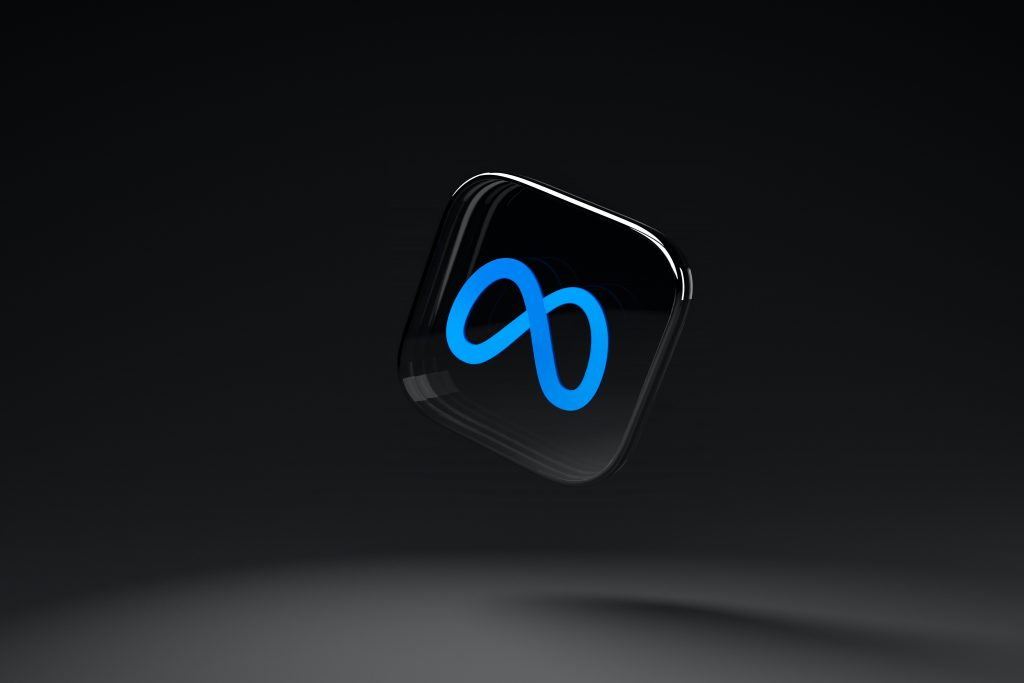As of late, language models are the talk of the tech town. A plethora of models developed by major players like Microsoft, Google, and OpenAI are already present on the scene with their AI-powered models. As per latest news, Meta, Facebook’s parent company, has also been making significant strides in this field and is releasing a new AI language generator called LLaMA today.

Unlike other language models like Bing or ChatGPT, LLaMA is not like ChatGPT or Bing in the sense that the general public cannot interact with it through prompts and messages. Rather, it is more of a research tool that Meta is sharing so that users can readily and easily access this important and fast-changing field. By releasing LLaMA under a noncommercial license that is focused on research use cases, Meta is granting access to universities, NGOs, and industry labs to help experts address issues like bias and toxicity in AI language models.
CEO Mark Zuckerberg expressed Meta’s commitment to open research. He highlighted Meta’s committment to this open model of research, stating that the company will make their new model available to the AI research community. By releasing LLaMA, Meta hopes to foster collaboration among academic researchers, civil society, policymakers, and industry to develop clear guidelines around responsible AI and responsible large language models.
While Meta has previously released its own AI chatbots, like BlenderBot and Galactica, the reception has been mixed at best. With LLaMA, Meta is hoping for a better response. LLaMA is actually a quartet of different-sized models, with the numbers in their names referring to the billions of parameters in each model. The second-smallest model, LLaMA-13B, can even run on a single data center-grade Nvidia Tesla V100 GPU, making it accessible for smaller institutions wanting to run tests on these systems.
Meta’s release of LLaMA is notable because it demonstrates its dedication to AI research and the company’s willingness to share resources with the wider community. As the field of AI language models continues to evolve and grow, it is exciting to see what advancements and breakthroughs will emerge from the use of tools like LLaMA.
RELATED:
- Meta to Start Charging Users for Blue Checkmark on Facebook & Instagram
- Toolformer: The Language Model by Meta That Can Teach Itself To Use External Tools
- Best TV for Gaming in 2023 – Low Input Lag And Impressive Displays






